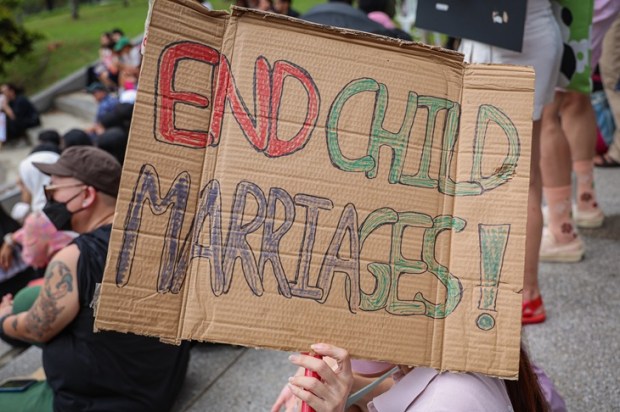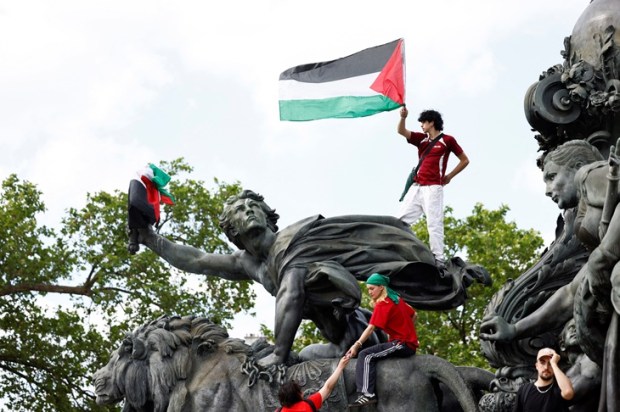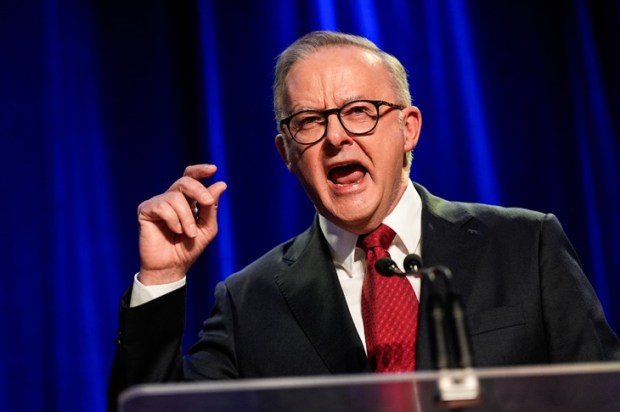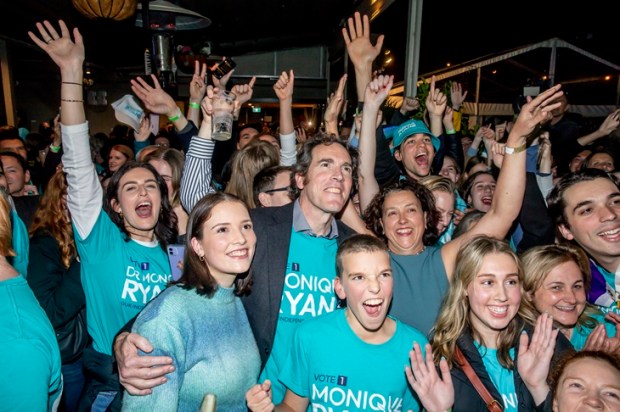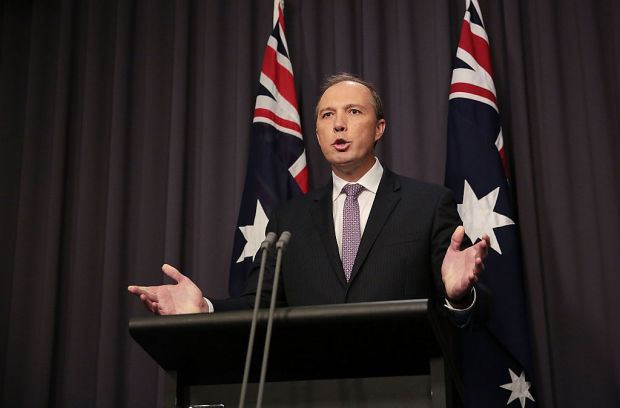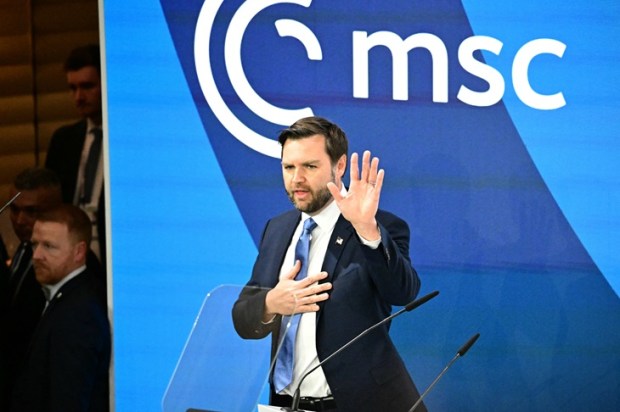Although I do not harbour a principled objection to the writing (and reading) of memoirs – in fact, I enjoy reading memoirs – I am often suspicious about their contents and wary of the interpretations of reported events by their authors. If memoirs are well-written, they might offer interesting, and sometimes surprising, insights into the lives of people, their achievements, and failures. But some memoirs, especially autobiographies, inevitably constitute selective accounts of the lives of their authors or are biased recollections of their achievements. Memoirs are usually important, not for what they contain, but for what they omit. They typically do not disclose embarrassing information, especially if the protagonists are still alive, and may well fail to elaborate on unpleasant aspects of their lives.
These ruminations came to mind when reading various opinion pieces about the decline, or even demise, of ‘multiculturalism’, not just in Australia but throughout the world. These opinions increasingly characterised ‘multiculturalism’ as a policy failure. This criticism hardened following the anti-Israel demonstrations in various parts of the world, notably the 300,000 people who demonstrated for Palestine in London and similar, sometimes violent, protests in other parts of the world, including in Australia. Notably, multiculturalism failed in Germany where former Chancellor Angela Merkel accepted a million refugees in 2015, mainly from Muslim countries, with painful consequences which led to a call by the present Chancellor, Olaf Scholz, to make it easier to deport them. And in Australia, commentators hotly dispute the assumed benefits of multicultural policies in light of the proposed mass immigration program of the Albanese Labor government.
In the early part of this century, I lived for a few years in New Orleans, Louisiana, United States. During that time, I returned to Belgium where I grew up and I discovered that many people in my home city of Ghent were no longer speaking Dutch, but another – I suspected a Middle Eastern – language. To ask for street instructions was as painful as it was impossible. I realised that I did not belong there anymore.
Soon after arriving in Australia as a migrant – years before I went to the United States – I was offered and accepted the job of inaugural Executive Officer of the newly formed Ethnic Communities’ Council of New South Wales. I later joined the Ethnic Affairs Commission of New South Wales to help draft the Participation report in 1978, which reviewed the participation of ethnic minorities in the social and political life of Australia.
However, although I was clearly involved in the multicultural life of Australia at that time – I also presented programs on ethnic radio station 2EA – I was always suspicious about the multicultural project and industry. I was certainly never an enthusiastic apologist for the development of a multicultural Australia. I was not only suspicious of the motivations of multicultural leaders, but also wary of the objectives and consequences for Australia of multicultural policies.
The Ethnic Communities Council’ of New South Wales was inaugurated on July 27, 1975, in the Sydney Town Hall. Reportedly, there were over 1,000 enthusiastic ethnic ‘leaders’ who witnessed the creation of the Council, an event that happened in the presence of the then Prime Minister, Gough Whitlam and the Opposition Leader, Malcolm Fraser. The Council was the brainchild of the indomitable and formidable Wadim (Bill) Jegorow, a Russian migrant who arrived in Australia in 1951 at the age of sixteen and died in 2006. He studied law and served as a Council member in Ashfield. In 1965, he unsuccessfully stood for election to the New South Wales Parliament as a member of the Labor Party. Other founders of the Council included Vladimir Menart, who was rumoured to be a sympathiser, or even a member, of the Liberal Party, and the flamboyant Pino Bosi who became a celebrated writer, publisher, and a stalwart of the Italian-language program on Radio 2EA. Later, the Council was instrumental in the establishment of the Federation of Ethnic Community Councils of Australia (FECCA) and Jegorow also became the first Chairman of the Federation.
In 1995, to celebrate the 20th anniversary of the establishment of the NSW Council, Jegorow published a speech in a special edition of Infocus entitled The rock on which we stand. Recounting the foundation of the Ethnic Communities’ Council of NSW, he stated that the Council represented ‘an important benchmark in the development of a socially cohesive and more tolerant Australia’. He paid tribute to the dedication and hard work of the multicultural pioneers ‘for a socially cohesive, harmonious, prosperous and culturally enriched multicultural and multiracial Australia, adhering to the rule of law, democratic principles, and English as the common and national language’. Not surprisingly, the speech consisted of well-intentioned promises, eloquent congratulatory messages, and motherhood statements.
Nevertheless, my suspicions about the ‘multicultural’ agenda were fanned by the writings of one of my early mentors, Professor Lauchlan Chipman, whom I met when he served as a Visiting Professor at the University of Sydney’s Jurisprudence Department. This Department had become truly famous when Professor Julius Stone was its Head. Professor Stone was responsible for encouraging me to come to Australia and he provided me with my first Australian job,
Professor Chipman was a common-sense intelligent philosopher and lawyer. He was a Professor at the University of Wollongong; he became Vice Chancellor of Central Queensland University, and in his twilight years, he served as a Professor at Bond University. In 1980, he authored an impressive and influential essay on multiculturalism, The Menace of Multi-Culturalism. He made a useful distinction between ‘soft’ multiculturalism – the food, dances, and cultural festivals of an ethnic group – and ‘hard’ multiculturalism, which prescriptively seeks to impose rules of behaviour on people. He argued that ‘hard’ multiculturalism:
… is not about folk dancing, interesting food, and free-flowing wine. Nor is it about experiments in living and the open-minded, and sensitive quest for improved or alternative lifestyles. It is not just about reinforcing the ‘nice’ or the ‘cute’ or the ‘exotic’ aspects of these cultures as perceived by widely read, widely travelled middle-class Australians. Rather, it is about the preservation of ‘ethnic integrity’, the reinforcement and imposition on the new-born of sets of traditions, beliefs, and values which include, as well as those which are noble and enlightened, some of which are at least as inhuman, as grotesquely ignorant, and as racist, as sexist, and as bigoted as any that can be squeezed from even the most appalling of ockers.
Professor Chipman’s views on multiculturalism echoed the sentiments of British historian Paul Johnson, who said, ‘Multiculturalism has been, and will be, exploited by a few social engineers to dismember the elements of existing societies, especially those of the West with their deep Christian underpinnings and reconstruct them according to new blueprints.’ As such, multiculturalism is an ideological movement opposed to the Western principles of culture and identity.
I have always felt that multiculturalism was about gaining privileges for ‘ethnic’ groups in Australian society, which would inevitably lead to the creation of Australian tribalism – in effect Balkanisation. Put differently, I regarded multiculturalism as an ideology that sought to confer special privileges on designated groups, and the privileges would be distributed on the basis of a person’s ethnic allegiances. This trend towards the protection of group rights (as opposed to individual rights), of course, accelerated in the 21st century and reached its lowest point in 2023 when the Labor government sought to entrench group rights in the Constitution, based on a person’s race – a characteristic over which people have no control. Now, using the language of Kerry Wakefield, we have entered a world where ‘our societies fragment and splinter with identity politics’ and where ‘culture itself is becoming more important than ever, with race, religion, skin colour, and diversity new markers of social status.’
Of course, people, regardless of their race or ethnic identity have the right to associate – the right of association is a fundamental right protected by Article 22:1 of the International Covenant on Civil and Political Rights. But is it a right to seek the unequal distribution of burdens and benefits, thereby emasculating the concept of political equality? Is multiculturalism a viable substitute for ‘integration’?


